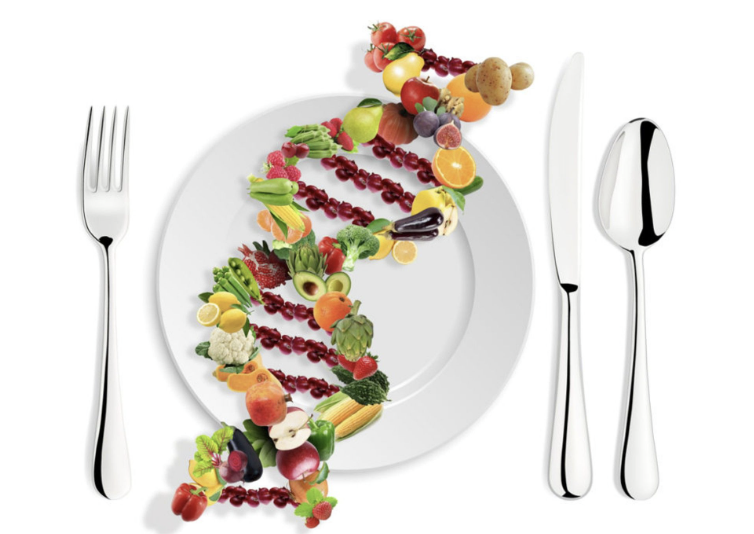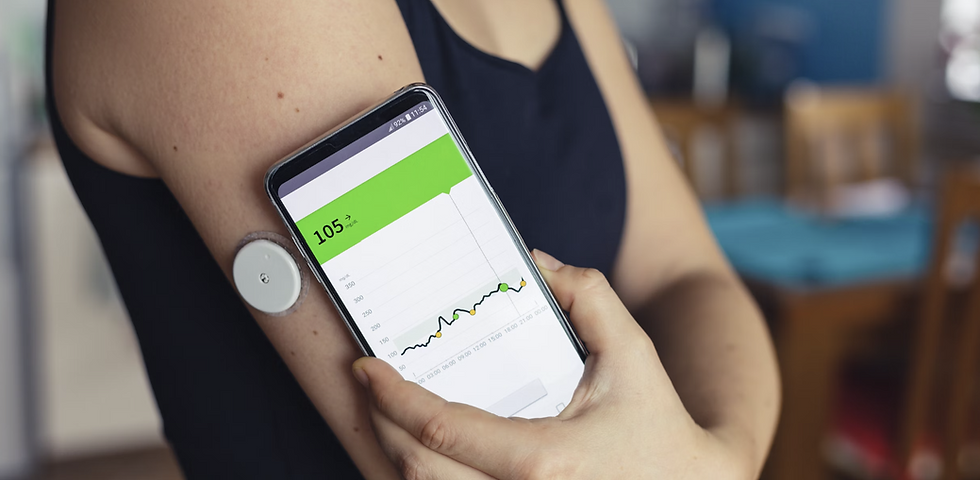The Role of Fruit in a Diabetic Diet
- Elane Bosman

- Jul 24, 2025
- 3 min read

Should People with Insulin Resistance Avoid Fruit Because of Fructose?
For individuals living with insulin resistance, prediabetes, or type 2 diabetes, fruit often becomes a controversial part of the diet. Some authorities recommend eliminating fruit altogether due to its natural sugar content, particularly fructose. Others emphasize fruit’s role as a nutrient-dense, fiber-rich food that supports overall metabolic health.
So what does the evidence say? Can people with impaired glucose metabolism safely eat fruit? And if so, which fruits, in what amounts, and under what conditions?
Understanding Fructose and Glucose in Fruit
Fruit contains a mix of natural sugars:
Fructose, which is metabolized by the liver,
Glucose, which directly raises blood sugar,
And sucrose, which is a combination of both.
The concern about fructose stems largely from studies on high-fructose corn syrup (HFCS) and ultra-processed foods, not whole fruit. Large quantities of industrial fructose have been linked to:
Non-alcoholic fatty liver disease (NAFLD),
Elevated triglycerides,
Increased insulin resistance.
However, the fructose in whole fruit is not the same as isolated or refined fructose. Whole fruit also contains fiber, polyphenols, vitamins, and water — all of which buffer the glycemic impact and provide metabolic benefits.
Clinical Evidence: Does Fruit Harm or Help?
1. Fruit and Type 2 Diabetes Risk
A 2021 population-based study from PLOS Medicine found that higher fruit intake was associated with a lower risk of developing type 2 diabetes. Participants who ate two servings of fruit daily had 36% lower odds of developing diabetes over five years compared to those with low fruit intake.
Reference: Bondonno CP et al., PLOS Med, 2021.
2. Whole Fruit vs. Fruit Juice
Fruit juice is stripped of fiber and absorbed rapidly, leading to blood sugar spikes. In contrast, whole fruit slows glucose absorption due to its fiber and intact structure.
A 2014 meta-analysis published in BMJ found that whole fruit intake lowered diabetes risk, while fruit juice slightly increased it.
Reference: Muraki I et al., BMJ, 2013.
3. Fructose in Moderation May Improve Glycemic Control
A review in Diabetes Care concluded that small to moderate doses of fructose from fruit may actually lower blood glucose levels by stimulating the liver to store glucose as glycogen rather than release it.
Reference: Sievenpiper JL et al., Diabetes Care, 2012.
Functional Medicine Perspective: Personalization is Key
Rather than applying a one-size-fits-all rule, functional and integrative medicine emphasizes individual context. Fruit is not inherently harmful — but some people may respond differently based on:
Glycemic variability
Gut health
Insulin levels
Fatty liver status
Physical activity
For example:
A patient with poor glycemic control and high insulin may benefit from temporarily reducing high-fructose fruit like grapes, mangoes, and dried fruit.
A patient in early insulin resistance with a good response to lifestyle change can likely tolerate 1–2 servings of fruit per day, especially when combined with fat or protein.
Practical Guidelines for Fruit in a Diabetic or Insulin-Resistant Diet
Choose Low-Glycemic, High-Fiber Fruits
Pair Fruit with Protein or Healthy Fats
Avoid Fruit Juices and Dried Fruits
Limit High-Glycemic Fruits if Glucose Is Unstable
Test Your Bio-individual Response
Timing Matters
Mind Your Quantity
The Bottom Line
Fruit is not the enemy of metabolic health — but context matters.
For most people with insulin resistance or type 2 diabetes, moderate consumption of whole, fiber-rich fruits can be part of a healing diet, especially when:
Chosen wisely,
Paired with other nutrients,
And integrated into a personalized nutrition plan.
Rather than eliminating fruit, the goal is to restore metabolic flexibility, reduce inflammation, and support liver and gut function — all of which are possible with the right approach.
References
Bondonno CP, et al. Fruit consumption and risk of type 2 diabetes. PLOS Med. 2021.
Muraki I, et al. Fruit consumption and risk of type 2 diabetes: meta-analysis. BMJ. 2013.
Sievenpiper JL, et al. Fructose vs. glucose and metabolic impact. Diabetes Care. 2012.
Stanhope KL. Role of fructose in metabolic disease. J Nutr. 2016.




Comments